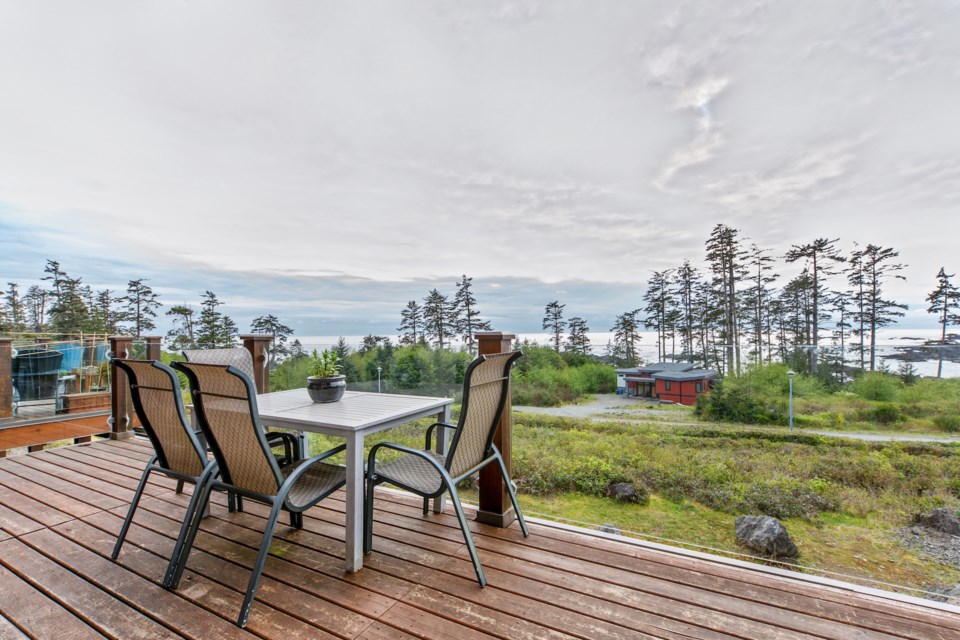Recreational property prices on Vancouver Island and across Western Canada will likely rise this year as many owners hang on to properties despite interest rates, short-term rental restrictions and a proposed capital gains tax increase, according to two key reports.
Royal LePage’s spring recreational property report predicts the average recreational home price to rise five per cent this year — with the median price for a single-family recreational home in B.C. at around $1.1 million.
According to Re/Max Canada’s cottage trends report, Canada’s recreational property market hasn’t seen a flood of listings. Re/Max predicts Western Canadian recreational properties could increase between five and 10 per cent in 2024.
Despite these predictions, new provincial short-term rental restrictions effective as of May 1 could cause some investors to offload their properties in B.C.
“The short-term rental regulation has affected the market a lot,” according to Judy Gray, owner of Re/Max Mid-Island Realty, who recently sold one property for $1.35 million, two units for $485,000 and $520,000, and a cottage for $540,000.
“There’s still a lot of interest here. People are a little bit nervous because they’re not sure about the changes of the short-term rentals and how that’s going to affect things moving forward,” she added.
Tofino and Ucluelet have divergent price trends related to the short-term rental restrictions and the planned federal capital gains increase, but according to Re/Max, both communities have shifted from a balanced to a buyer’s market.
Although exempt as a resort municipality, Tofino has opted into the provincial legislation, affecting two residential buildings. Ucluelet has opted out but is amending bylaws to ensure short-term rentals conform.
“Most short-term rental properties in Ucluelet are already zoned nightly rental and are not affected by the new legislation,” Gray told Western Investor. “Only nightly rental units attached to homes have had administrative fixes by (District of Ucluelet) council to continue to operate.”
A Leger survey commissioned by Re/Max found the short-term rental bans have not swayed recreational property owners to sell, and 58 per cent are holding onto their properties while about 29 per cent are looking to sell.
Proposed tax increases from 50 per cent to nearly 67 per cent on capital gains over $250,000 aren’t expected to spark a widespread flood of sales, Gray added, but she said six properties were recently listed for sale to beat the change, expected to take effect June 25.
“People are still putting their properties on the market to avoid the capital gains increase because they expect that it’s going to come back,” she said.
An uncertain climate
In the Comox Valley, buyers are often looking for active lifestyles — from mountain biking in Cumberland to winter sports at Mt. Washington. This trend grew during the pandemic, but Mt. Washington recreational property sales have since been declining due to interest rates.
Ryan Williams, owner of Ocean Pacific Realty, said recreational property sales in the region face another challenge — climate change. Global warming has been impacting winter sports while forest fires have affected summer recreation. These factors — and their associated fire hazards — are also increasing insurance rates on Mt. Washington, which has been experiencing low snow levels.
“The drying in the summer and warmer conditions in the winter are two major environmental issues for recreational property,” said Williams.
As far as capital gains changes, Williams said the effect on recreational properties depends on when a purchase was made.
“If they bought two, three, four years ago, they’re not going to see big gains,” he explained. “They’re going to see losses, probably, on Mt. Washington if it stays warm and we don’t get much snow.”




